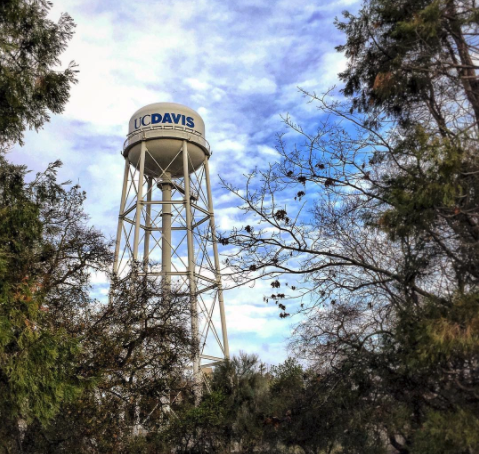Supporting a cause you care about can take many forms, and Kelly and Janet Nimtz are shining examples of that. Kelly worked for many years at the UC Davis School of Veterinary Medicine and played a sustained role in the growth of the School—which is the top institution in the world. All the while, he and Janet have supported our work in the Salish Sea all the way from their home in California, not only with their energy and enthusiasm, but as longtime donors. They even recently took steps to put SeaDoc Society into their estate plans, meaning their impact will be felt deep into the ecosystem’s future.
Meet SeaDoc's 2018 Interns
Every summer, SeaDoc brings one or more rising third-year veterinary students to Orcas Island to assist with research projects in conjunction with the Whale Museum in Friday Harbor. The eight-week internship is a great opportunity for vet students to get involved in wildlife health issues.
One of their primary roles is to help respond to marine mammal strandings, but they also participate in medical rounds at the Wolf Hollow Wildlife Rehabilitation Center and they work closely with volunteers and spend a good deal of time educating and speaking with the public. This year's interns are Alexa Dickson and Tamsen Polley from the UC Davis School of Veterinary Medicine.
UC Davis is #1 in Veterinary Medicine and Sustainability
SeaDoc Society is a program of the Karen C. Drayer Wildlife Health Center at UC Davis.
Although SeaDoc is based on Orcas Island and our work is focused on ensuring the health of the Salish Sea, our story goes beyond the waters of Washington and British Columbia. Specifically, we are a program of the University of California, Davis, which recently received two great honors we’d like to share.
As a core program of the Karen C. Drayer Wildlife Health Center, a center of excellence at the School of Veterinary Medicine, SeaDoc was started by UC Davis in 2000. The university has been instrumental in helping us accomplish all that we have been able to do in the Salish Sea.
This year, for the third year in a row, the UC Davis School of Veterinary Medicine has been recognized as the top veterinary school in the world, as determined by QS World University Rankings. The distinction comes largely in part because of the School’s reputation for applying a One Health approach to addressing critical health concerns on a local and global scale – an approach that stresses how the health of animals, people and the environment are intimately connected - a concept that is at the heart of SeaDoc’s work.
"The SeaDoc Society is a great example of how the UC Davis School of Veterinary Medicine is partnering with local communities, regional government agencies, and other academic groups to enhance ecosystem, animal, and ultimately human health in the Salish Sea and surrounding regions," said Michael Lairmore, Dean of the UC Davis School of Veterinary Medicine.
In addition to being the top university in the world for veterinary medicine, UC Davis was recently named the Greenest University in the annual Green Metric rankings from the University of Indonesia. The ranking measures operations and policies that promote environmental sustainability. UC Davis is a leader in energy efficient transportation (bikes and busses), energy efficiency, water conservation, and green building efforts.
We like to think the launch of SeaDoc’s Refuse-to-Use Coffee Cup and Bottle Challenge with the Orcas Exchange a few months back helped move the needle as well!
We’re proud to be a part of a University that is so world-renowned and doing such exciting things. SeaDoc will always be a donor-funded program with its roots in the Salish Sea, but being a program of a world-class university like UC Davis is critical for our success.





